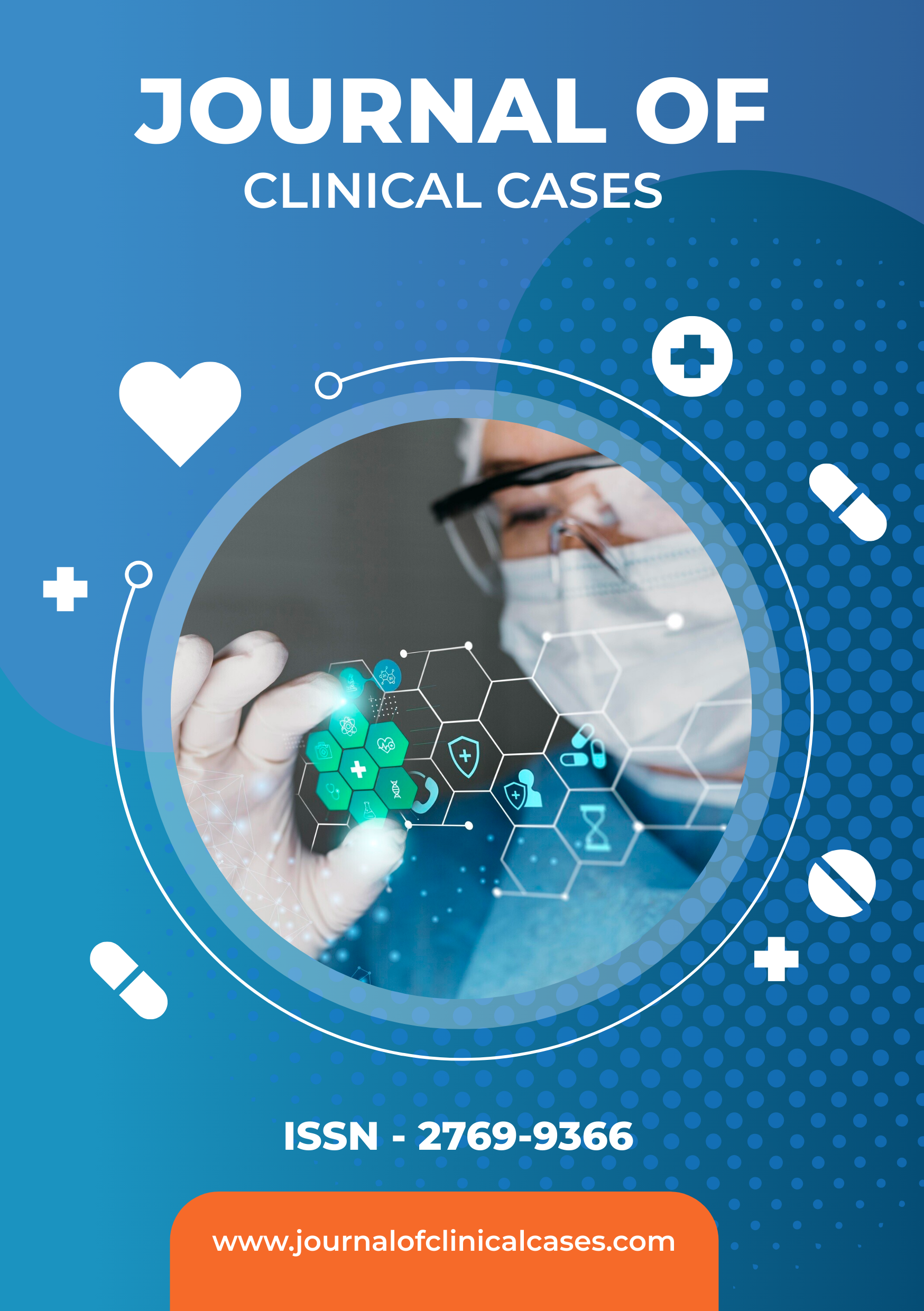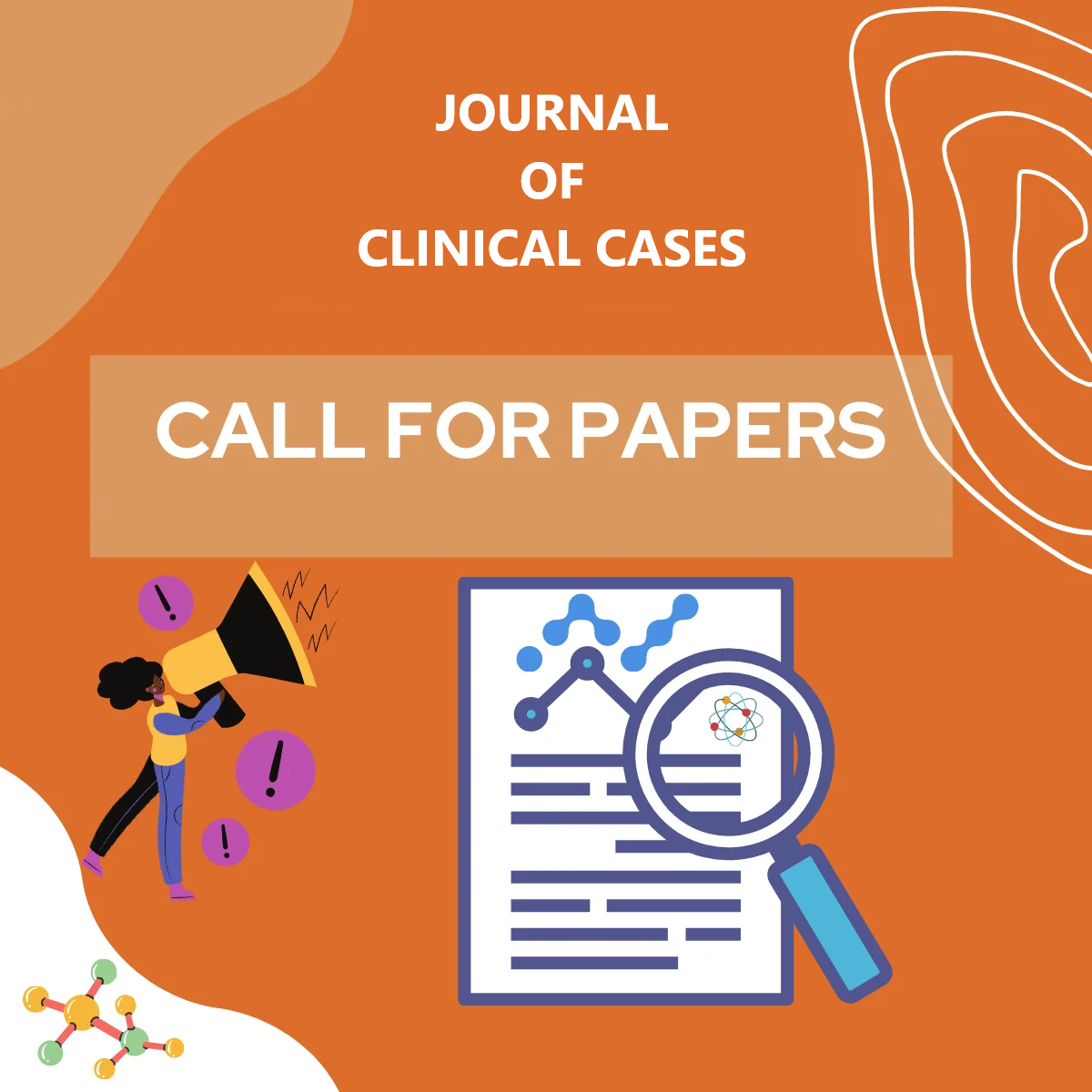Journal Citations
- Crossref
- PubMed
- Semantic Scholar
- Google Scholar
- Academia
- SCRIBD
- ISSUU
- Publons
- MENDELEY
Share This Page
Journal Page

Salidroside Attenuate Neurological Impairment By Reducing Blood-Brain Barrier Permeability After Diabetic Cerebral Hemorrhage Mice
Yueying Wang, Liqing Li , Cong Qiao,Jiping Qi, Yuejia Song
1. Department of Pathology, First Clinical Hospital, Harbin Medical
University, Harbin 150001, China
2. Department of Pathology, Harbin Medical University, Harbin 150001,
China
3. Department of Endocrinology, First Clinical Hospital, Harbin Medical
University, Harbin 150001, China
Corresponding Author: Jiping Qi, Yuejia Song
Published Date: 01 Nov 2023; Received Date: 16 Oct 2023
ABSTRACT
Diabetes mellitus [DM] is a high-risk factor for cerebral hemorrhage [ICH], which can damage the structure and function of the body’s macrovessels and microvessels, leading to cerebral atrophy, neuropathy, and inflammatory response, which as a major mechanism of secondary brain tissue damage after cerebral hemorrhage, neuroinflammation can exacerbate the brain damage. As an herbal remedy, sal can exert its ability to reduce inflammation, anti-apoptosis, and anti-toxicity responses in a number of diseases. We examined the blood-brain barrier permeability and the degree of endothelial cell damage in vivo and in vitro using electron microscopy, westernblot, NO content assay, CCK8 and other experimental methods, In conclusion,we found that sal could reduce the blood-brain barrier permeability after diabetic cerebral hemorrhage by alleviating the endothelial cell damage, and ultimately improve the secondary neurological impairment.Thus, it may be a candidate medicine for further study of molecular or therapeutic targets.

